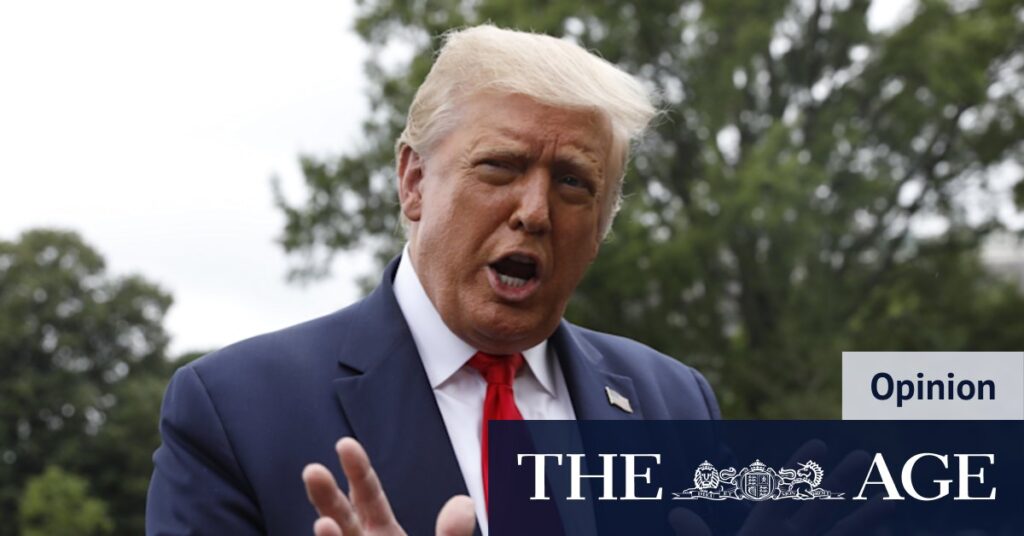
For eight months, TikTok has been operating in the United States in violation of legal mandates, sustained by a series of executive orders from former President Donald Trump. These orders themselves may have skirted legal boundaries. Now, a potential resolution looms as US and Chinese negotiators have reached a “framework” agreement that could see the app’s US operations sold to a mix of new American investors and existing US shareholders.
On Tuesday, US Treasury Secretary Scott Bessent and US Trade Representative Jamieson Greer met with their Chinese counterparts to finalize the terms. Bessent noted that the Chinese delegation arrived with “a big list of asks,” which they framed as compensation demands. However, he emphasized that the leverage provided by President Trump allowed them to negotiate effectively, resulting in a promise of non-action rather than concessions.
Trump and China’s President Xi Jinping are scheduled for further discussions on Friday to potentially finalize the deal. In the interim, Trump has issued yet another executive order, his fourth this year, instructing the US attorney-general to refrain from enforcing a bipartisan law that required ByteDance to divest its US operations to a non-Chinese entity within a year.
The Unusual Focus on TikTok
The TikTok saga has been marked by the unusual priority Trump and his administration have placed on the app. The initial deadline for ByteDance to comply with US law expired on January 19, the day before Trump’s inauguration. Yet, on his first day in office, Trump signed an executive order granting TikTok a reprieve. This marked a stark contrast to his previous support for a US ban on the app.
Trump’s shift in stance may be attributed to TikTok’s influence on Gen Z, a demographic he sought to engage during his election campaign. With 170 million US users, TikTok was credited by Trump for its role in his campaign success. Additionally, Jeffrey Yass, a major ByteDance shareholder and significant Trump campaign donor, may have influenced the administration’s approach. ByteDance’s CEO, Shou Chew, was notably present at Trump’s inauguration, seated alongside former presidents and Trump family members.
Security Concerns and Legislative Challenges
The US Congress passed legislation mandating TikTok’s sale or shutdown due to concerns over potential misuse by China to manipulate American public opinion. ByteDance’s efforts to mobilize TikTok users against the legislation, using the platform’s database to connect users with their congressional representatives, only heightened these concerns.
China’s actions further fueled these fears, as Beijing imposed export controls on TikTok’s algorithm and intellectual property, citing national security implications. China’s laws also allow the government to demand access to company data, raising red flags about user privacy and security.
“The platform’s ability to influence was starkly demonstrated when TikTok users flooded congressional phone lines, showcasing its potential reach and impact.”
The Path Forward: A Complex Deal
Despite the hurdles, negotiations have progressed, with a consortium including Oracle, venture capital firm Andreessen Horowitz, and private equity firm Silver Lake poised to acquire a significant stake in TikTok’s US operations. Existing US investors, such as General Atlantic and Susquehanna International Group, will also participate, collectively owning about 80% of a newly formed US entity.
ByteDance will retain a 19.9% interest, with American directors, including one appointed by the US government, overseeing the new entity. All US user data will be stored on American servers, and users will transition to a new app developed specifically for the US market. Chinese officials have indicated that ByteDance will license its algorithm to the US company, though the extent of ByteDance’s access to US data remains uncertain.
Trump’s latest executive order grants negotiators an additional three months to finalize the details. Congress will likely need to ratify the deal, scrutinizing the new ownership structure, the ongoing relationship with ByteDance, and the security of US data.
“Trump’s support may sway Republican congressional majorities to approve the deal, but bipartisan skepticism towards China could pose challenges.”
The TikTok saga underscores the complexities of international business and politics, with implications for US-China relations and digital privacy. As negotiations continue, the outcome will be closely watched by stakeholders on both sides of the Pacific.







